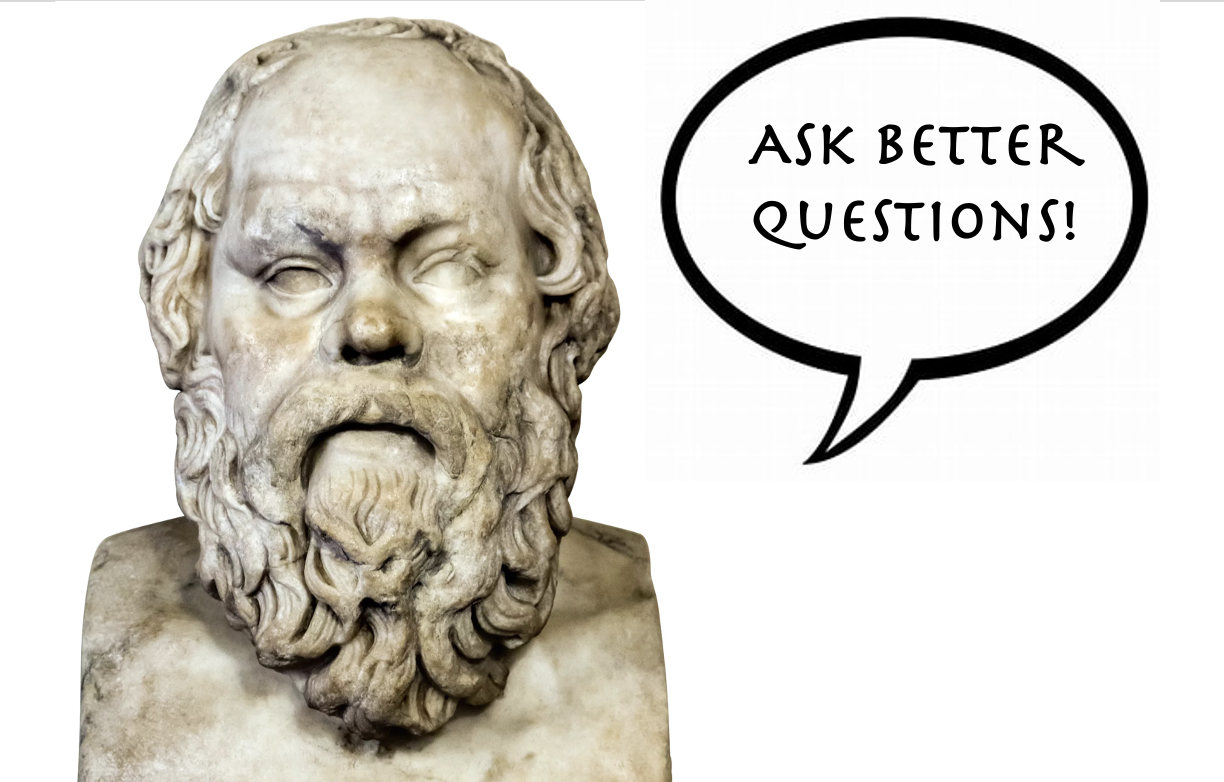Mastering the Art of Effective Questioning: A Personal Journey in Software Development
06 Sep 2023
Mastering the Art of Effective Questioning: A Personal Journey in Software Development
Introduction
In the realm of software development, we often prioritize honing technical skills such as mastering programming languages and frameworks. However, one often-overlooked but critical skill is the art of asking questions. Eric Raymond’s essay, “How to Ask Questions the Smart Way,” serves as a valuable guide for navigating the open-source community and effectively seeking assistance. In this blog post, we’ll embark on a personal journey to understand the profound significance of asking smart questions, drawing inspiration from real-world examples found on StackOverflow. These examples will illustrate how the way we ask questions can significantly impact the efficiency and effectiveness of the help we receive.
The Smart Way: A Beacon of Effective Questioning
Our journey begins with a smart question posed on StackOverflow: How to Sort a List of Strings in Python Alphabetically?
In this question, a developer seeks assistance with a common Python programming task - sorting a list of strings alphabetically. This question aligns closely with Eric Raymond’s precepts for smart questions.
A Lesson in Utilizing the Smart Way
The smart question provides insights into how to effectively use Raymond’s principles:
-
Research and Self-Help: Before seeking help, invest time in researching and attempting to solve the problem independently. Document your efforts and findings.
-
Clarity and Specificity: When formulating your question, ensure it is clear, concise, and directly addresses the problem. Provide context and relevant code snippets where applicable.
-
Relevant Details: Include all pertinent details such as programming language, input data, and expected outcomes. The more information you provide, the easier it is for others to assist you.
-
Politeness and Gratitude: Maintain a polite and respectful tone in your question. Remember that the community is volunteering their time to help you.
The Not-So-Smart Way: A Pitfall in Questioning!
Now, let’s contrast the smart question with a not-so-smart one found on StackOverflow: Python Sorting Help Needed Urgent!!!
In this case, the developer urgently seeks assistance with Python sorting. However, this question falls short of Raymond’s precepts.
A Lesson in Avoiding Common Pitfalls
The not-so-smart question highlights common pitfalls and offers lessons on how to avoid them:
-
Research and Self-Help: Always indicate your prior efforts to solve the problem. Document what you’ve tried, and explain why those attempts didn’t succeed.
-
Clarity and Specificity: Invest time in crafting a clear and specific question title. Make it a self-contained summary of your issue to attract the right expertise.
-
Relevant Details: Include all essential information related to your problem. Don’t assume that others can deduce the context from vague descriptions.
-
Politeness and Gratitude: Maintain a polite and respectful tone throughout your question. Remember that the community values positive interactions.
Insights from the Journey
Our journey through these two questions provides valuable insights into effective questioning:
-
The Significance of Smart Questions: Smart questions attract prompt and effective assistance. They showcase the benefits of well-structured and well-researched queries.
-
Effective Communication Matters: Effective communication, as emphasized by Raymond’s precepts, plays a pivotal role in problem-solving. Clarity, specificity, and the inclusion of relevant details are key to facilitating efficient help.
-
Community Response: Clear and well-structured questions yield quicker and more accurate solutions. Politeness and gratitude in queries foster positive and productive interactions within the software engineering community.
-
Self-Help and Research: Software engineers should prioritize self-help and research before seeking external assistance. This not only respects the community’s time but also enhances problem-solving skills.
Conclusion
Asking insightful questions is a skill that software developers should master since it is a priceless asset. Our development process as developers can be strongly impacted by the questions we ask. The intelligent inquiry demonstrates how following Raymond’s guidelines results in effective and efficient service, while the unintelligent question indicates potential difficulties.
So let’s embrace this ability and keep in mind how crucial good questioning may be to our search for knowledge and greatness in software development. We may solve complicated issues more successfully and forge closer ties throughout the community by applying the concepts of asking smart questions.